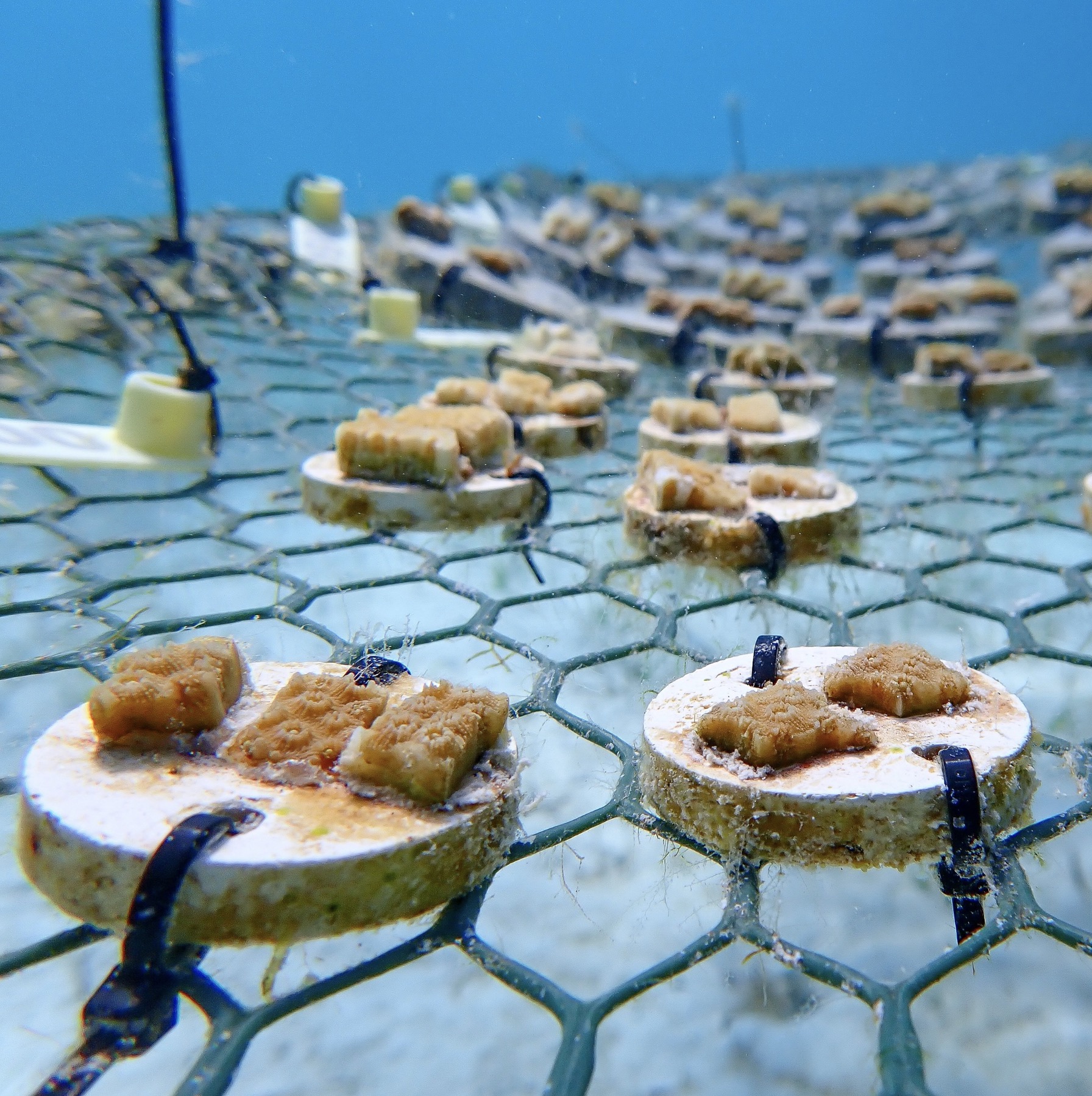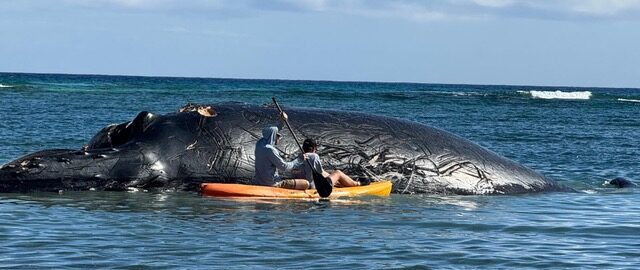Marine Life
The vast waters of The Bahamas team with an amazing array of marine habitats, including coral reefs and mangroves that feature a diversity of dolphins, sharks, and rays as well as sea turtles and manatees.



What is coral?
Corals are invertebrates: animals without backbones. They belong to the group of creatures called Cnidaria, which also includes sea anemones and jellies. Like all cnidarians, corals have no head. Their bodies are saclike with a mouth surrounded by a crown of tentacles in groups of six or eight. Coral polyps are some of the smaller members of this group, and the polyps range in size from less than an inch to several inches in diameter. Corals feed using their tentacles to capture their prey, which includes tiny animals called zooplankton as well as small fish.
What is a coral reef?
Coral reefs are colonies of small animals, known as polyps, which release calcium carbonate to form a hard skeleton on which they live. Coral reefs are found in shallow, tropical waters around the world. Living coral reefs provide homes for large numbers of marine animals. In fact, coral reefs make up only 1 one percent of the ocean’s habitat but include over 25 percent of its species. Barrier reefs are the largest living structures in the world and are formed by coral running roughly parallel to the shore, which is separated from it by a wide, deep lagoon. The largest barrier reef in the world in the Great Barrier Reef in Australia stretching over 1,500 miles. The Andros Coral Reef is the 6th longest reef in the world at 124 miles in length.
Threats to Corals
Coral reefs are facing a crisis. More than 10 percent of the world’s reefs have been destroyed and 60 percent more face the same fate in the next 40 years if action is not taken. Factors that are endangering coral reefs include:
- Pollution, including oil spills and agricultural and mining runoff
- Overfishing of plant-eating fish that keep the reef clear of algae
- Boats colliding into reefs
- Changing climate
- Coastal development
A complete assessment of the health of coral reefs around the world has not occurred in 12 years. By the end of 2020, Global Coral Reef Monitoring Network (GCRMN) will release a new report on global coral reef health.
How can you help?
DONATE



